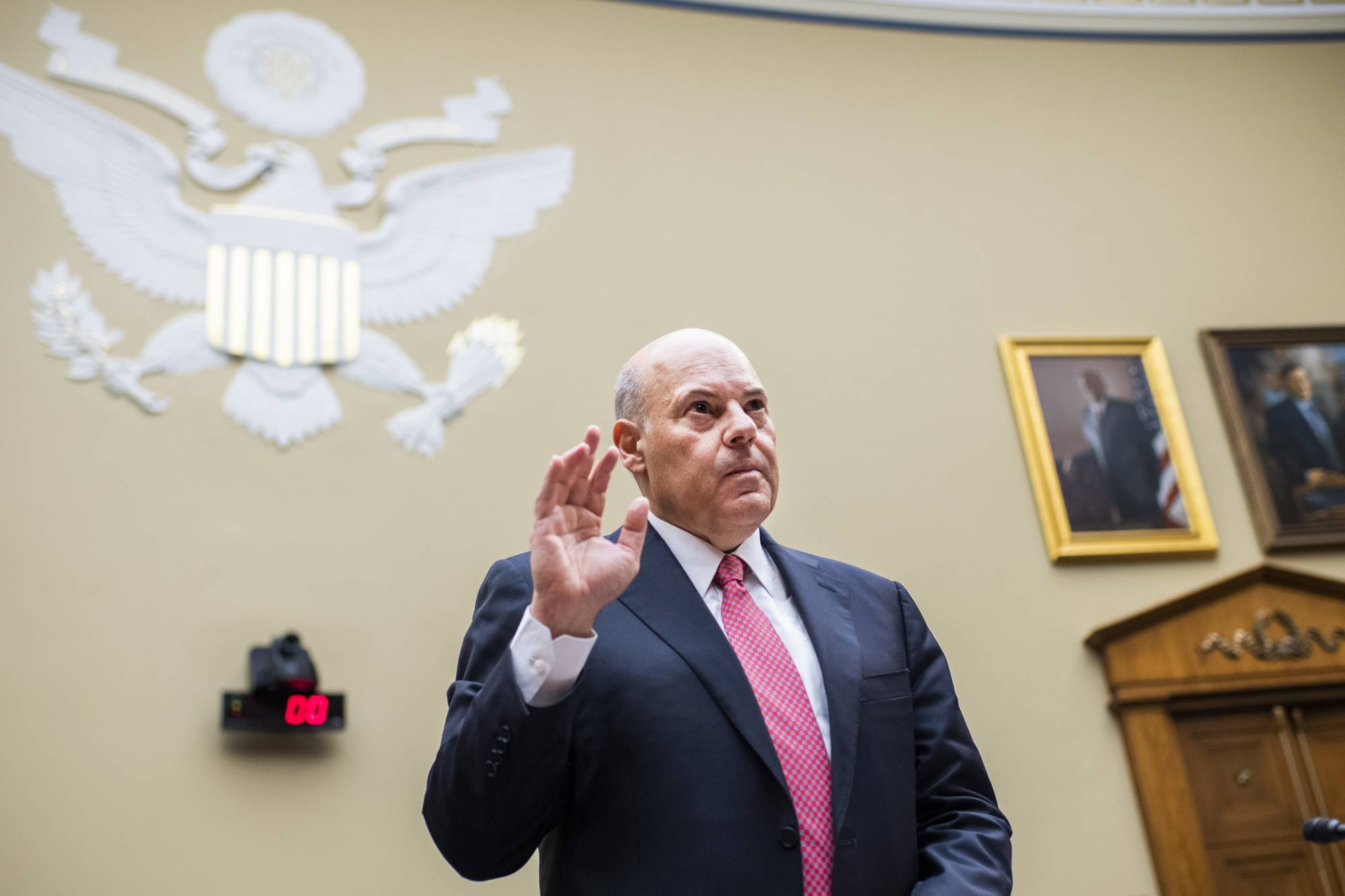Justices turn away appeal from Houston man shot by police
The Supreme Court has turned away an appeal from a Houston man who was shot in the back by a police officer during a traffic stop for suspected drunken driving
WASHINGTON (AP) — The Supreme Court on Monday rejected an appeal from a Houston man shot in the back by police during a traffic stop, prompting Justice Sonia Sotomayor to complain of a “disturbing trend” in how the high court deals with cases alleging police misconduct.
In a dissent, Sotomayor said the justices “have not hesitated” to reverse lower courts that rule against police officers in cases that involve claims of excessive force. But she said the court “rarely” intervenes when lower courts “wrongly” find that police are immune from charges of misconduct.
Her dissent, joined by Justice Ruth Bader Ginsburg, drew a response from Justice Samuel Alito, who insisted the court applies “uniform standards” when deciding to review all such cases.
Sotomayor has criticized the court before for siding with police in excessive force cases. In a 2015 dissent, she said the court was sanctioning a “‘shoot first, think later’ approach to policing” when it sided with a Texas state trooper who fatally shot a man fleeing from police.
Her latest comments come as law enforcement agencies face increasing scrutiny over officer-involved shootings or use of deadly force incidents. The high court heard arguments last month in a Los Angeles case where sheriff’s deputies mistakenly shot a couple during their search for a wanted man.
The case on Monday began in 2010 when police said Ricardo Salazar-Limon resisted arrest during a stop for suspected drunken driving. Salazar-Limon walked away after a brief struggle and was ordered to stop. The officer said he saw Salazar-Limon turn and reach toward his waistband, and then shot him in the lower back. The injury left him partially paralyzed.
Salazar-Limon alleged the officer fired either immediately or just seconds before he turned around. He filed a claim of excessive force against the officer and the city of Houston.
A federal judge sided with the officer without sending the case to a jury. The judge said Salazar-Limon did not deny reaching for his waistband.
Sotomayor said the case should have been tried before a jury because there were still too many facts in dispute.
“Only Thompson and Salazar-Limon know what happened on that overpass on October 29, 2010,” Sotomayor said. “It is possible that Salazar-Limon did something that Thompson reasonably found threatening; it is also possible that Thompson shot an unarmed man in the back without justification. What is clear is that our legal system does not entrust the resolution of this dispute to a judge faced with competing affidavits.”
Sotomayor noted five similar cases in the past few years in which the justices reversed lower courts that refused to find police immune from charges of misconduct. She also pointed to newspaper stories noting “the increasing frequency of incidents in which unarmed men allegedly reach for empty waistbands when facing armed officers.”
“That these cases are increasingly common makes it even more important for lower courts — confronted with such inconsistencies — to let the jury exercise its role as the arbiter of credibility disputes,” she said.
Alito said the lower courts acted “responsibly and attempted faithfully to apply the correct legal rule to what is at best a marginal set of facts.”
“The dissent has not identified a single case in which we failed to grant a similar petition filed by an alleged victim of unconstitutional police misconduct,” he said in comments joined by Justice Clarence Thomas.
Copyright © 2024 Federal News Network. All rights reserved. This website is not intended for users located within the European Economic Area.





